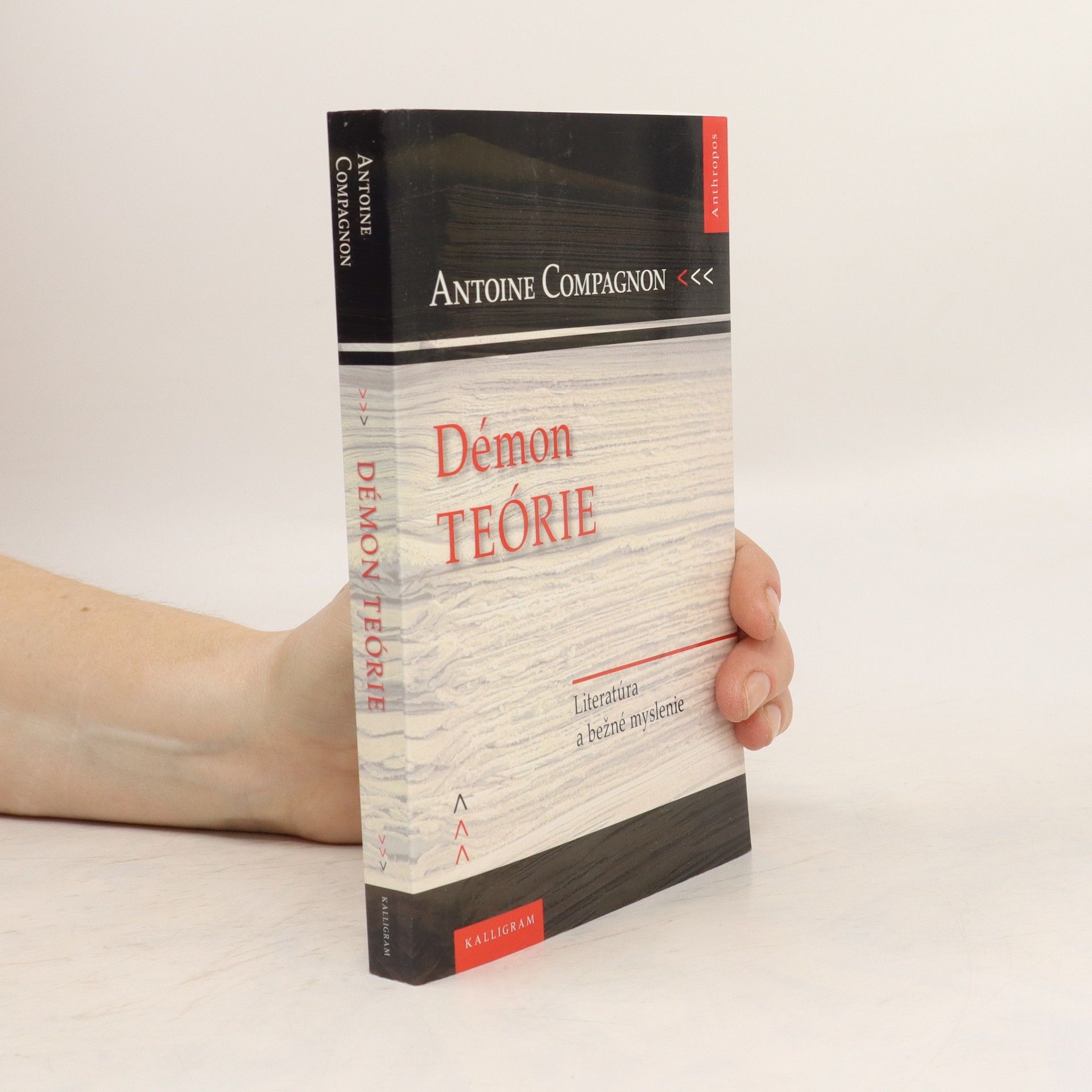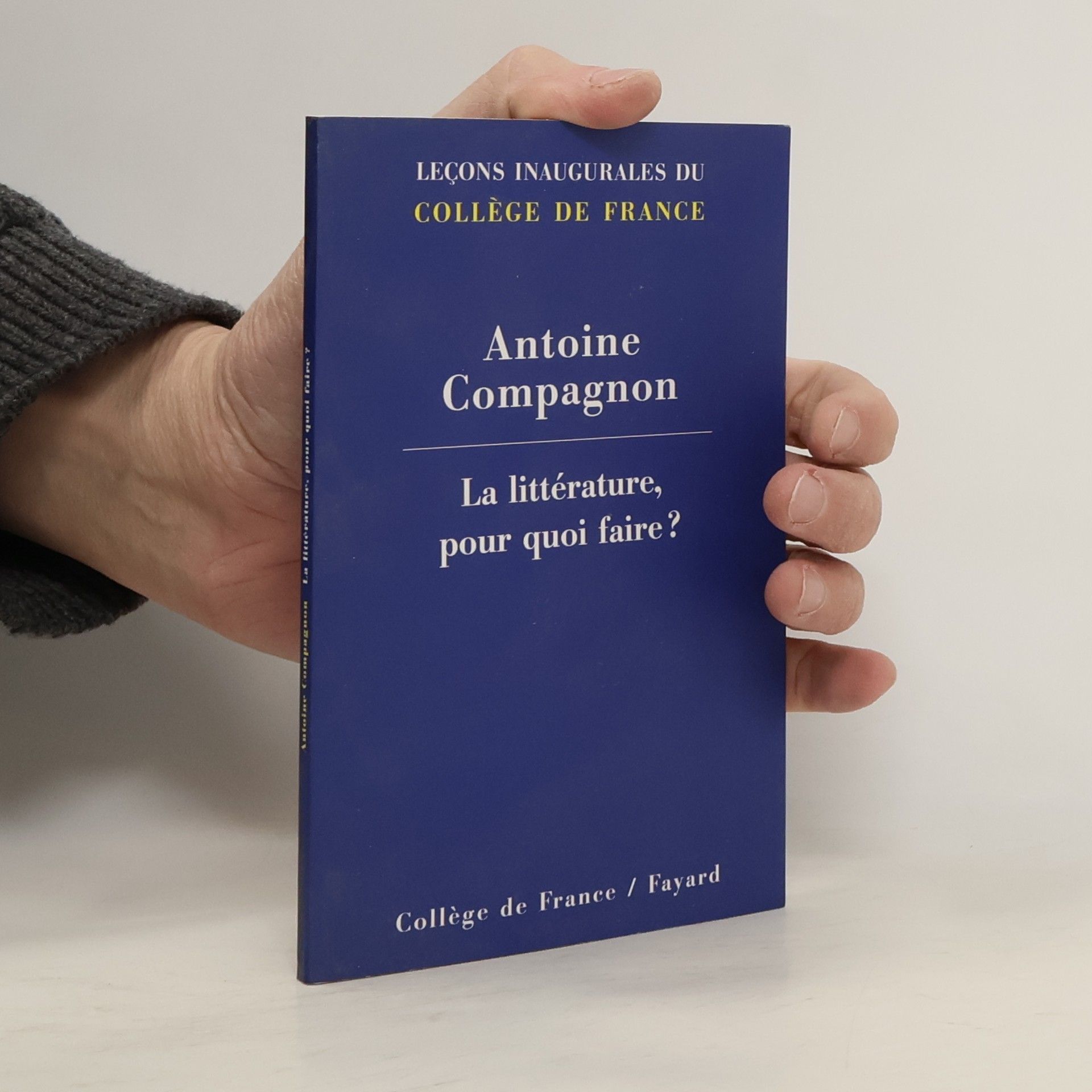Blaise Pascal is a marquee name, yet little read outside France. Antoine Compagnon provides an ideal introduction to one of the great intellects, contextualizing Pascal in his own time and offering insightful readings of the Pensées and the Provincial Letters. Compagnon proves a welcoming guide to Pascal’s challenging and rewarding thought.
Antoine Compagnon Libri
Antoine Compagnon è un illustre studioso di letteratura il cui lavoro si concentra sulla letteratura francese. Ha ricoperto cattedre presso prestigiose istituzioni come la Sorbona, la Columbia University e il Collège de France, immergendosi nello studio delle tradizioni letterarie francesi. Compagnon è particolarmente rinomato come esperto di figure come Montaigne e Proust. Le sue estese pubblicazioni e i suoi contributi accademici promuovono un apprezzamento più profondo delle opere letterarie e dei loro contesti.

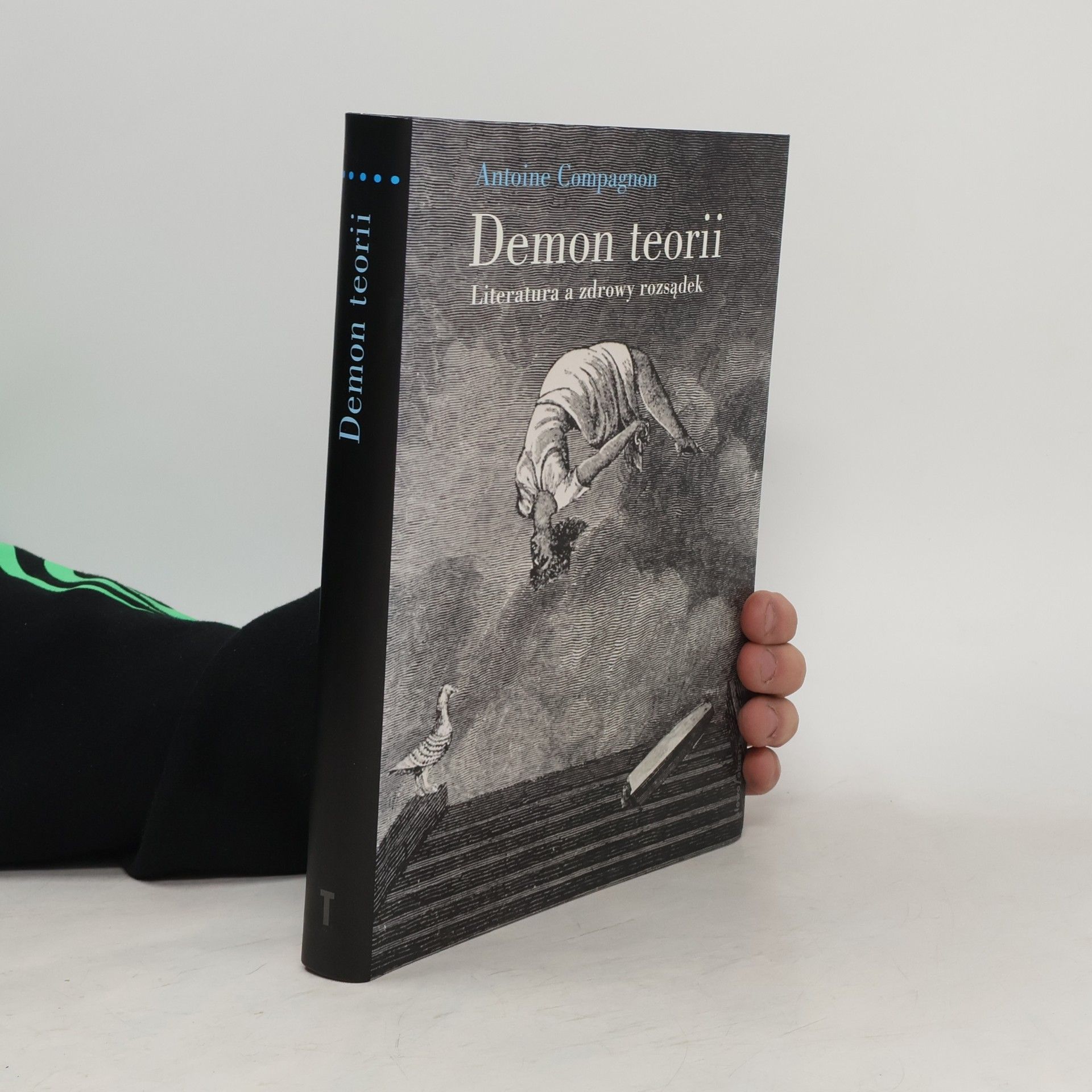
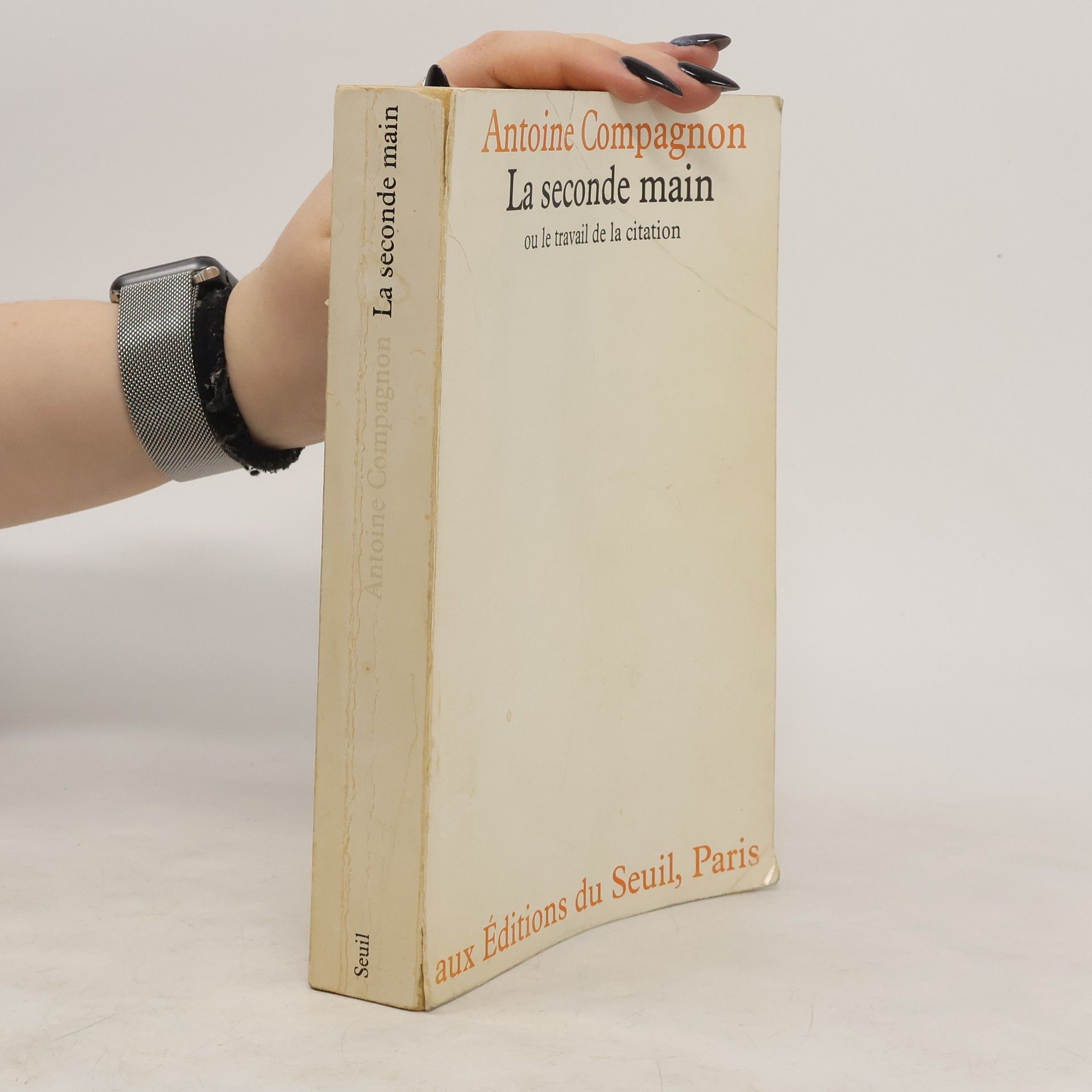
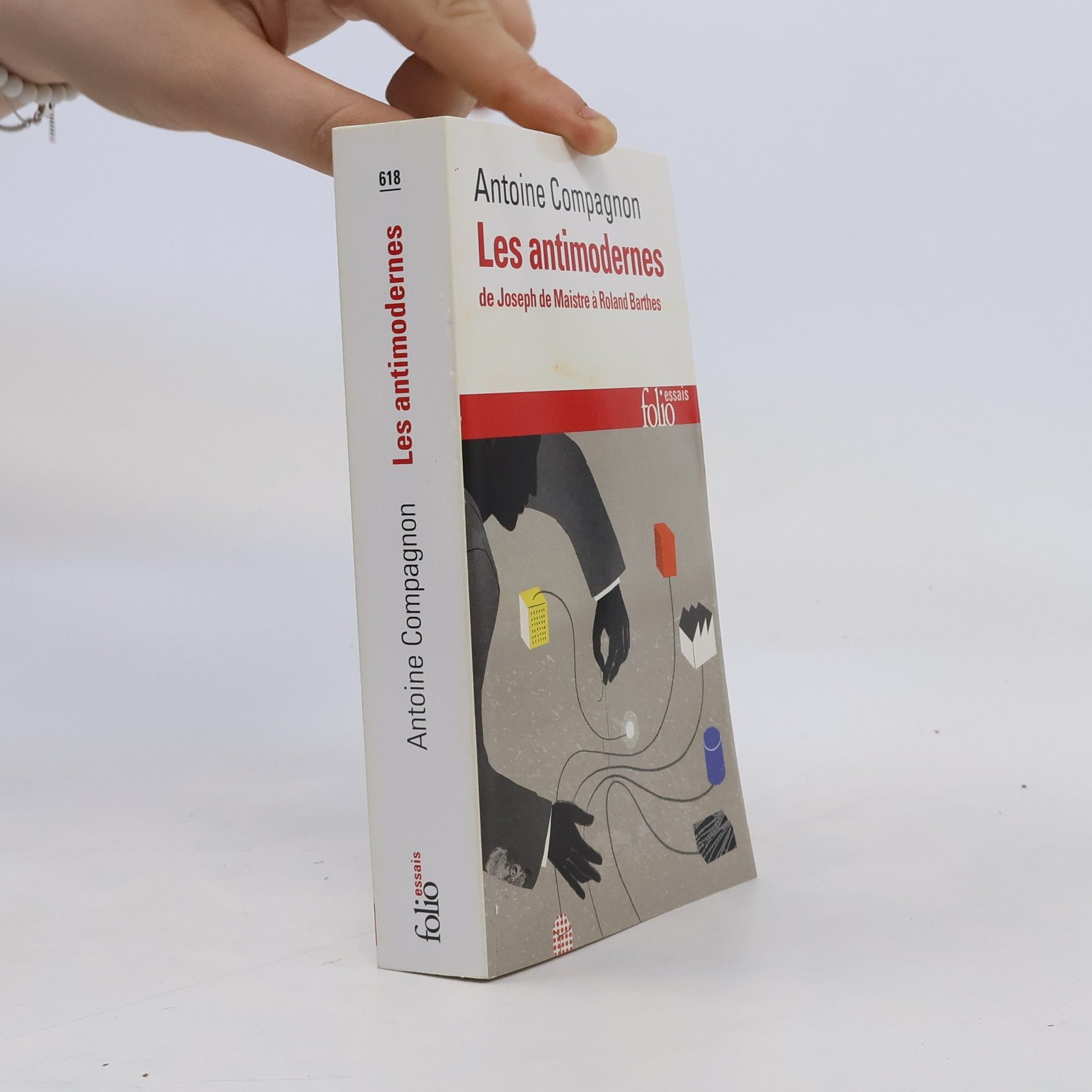
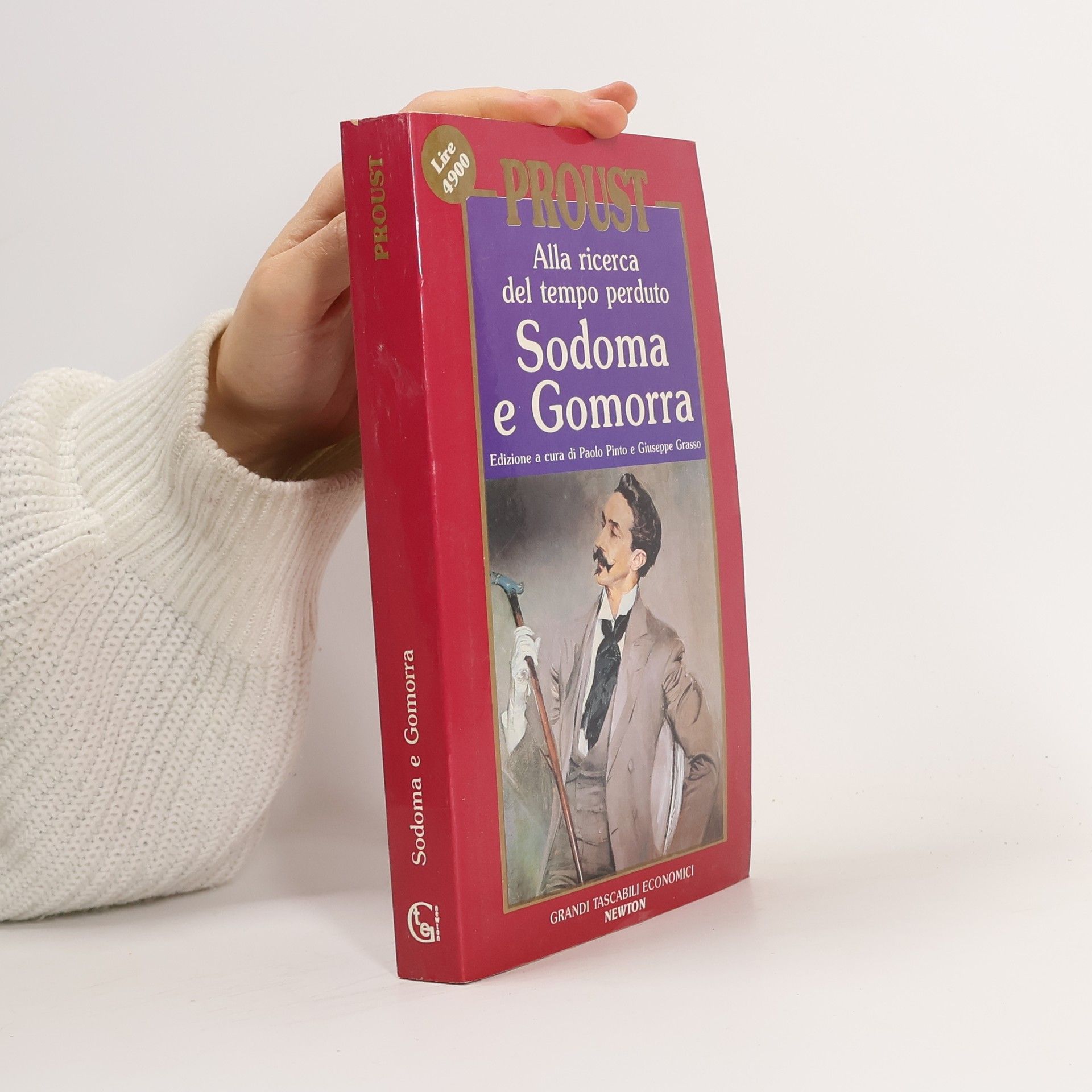


Proust, a Jewish Way
- 312pagine
- 11 ore di lettura
Exploring the lost world of Marcel Proust's initial Jewish readers, Antoine Compagnon reveals how their perspectives enrich our understanding of the novelist's work. By examining the cultural and historical context of these readers, the book offers fresh insights into Proust's themes and characters, enhancing contemporary interpretations of his literature.
Les antimodernes : de Joseph de Maistre à Roland Barthes
- 720pagine
- 26 ore di lettura
Qui sont les antimodernes ? Ce ne sont pas les conservateurs ou les réactionnaires, mais des modernes à contre-courant, avançant en regardant dans le rétroviseur. Ce livre explore la résistance à la modernité, la distinguant d'un modernisme naïf. La première partie aborde six thèmes caractéristiques de l'antimodernisme aux XIXe et XXe siècles : historique (la contre-révolution), philosophique (les anti-Lumières), moral (le pessimisme), religieux (le péché originel), esthétique (le sublime) et stylistique (la vitupération). Des figures comme Joseph de Maistre, Chateaubriand, Baudelaire et Flaubert sont examinées, ainsi que Proust, Caillois et Cioran, pour dégager ces traits. La seconde partie se concentre sur des figures antimodernes majeures, telles que Lacordaire, Léon Bloy, Péguy, Albert Thibaudet, Julien Benda, Julien Gracq et Roland Barthes, qui se considérait « à l'arrière-garde de l'avant-garde ». Les variations entre thèmes et figures montrent que les antimodernes ont été le sel de la modernité, offrant une réserve et une ressource essentielles. Sans eux, le moderne risquait la perte de sa liberté, car les antimodernes ont enrichi leur pensée. L'ouvrage se compose d'une introduction, de plusieurs chapitres thématiques et biographiques, d'une conclusion et d'une postface, ainsi que d'un index et d'une note bibliographique.
"Nous ne faisons que nous entregloser." Sans doute Montaigne le déplorait-il mais d'abord il en prenait acte, ainsi que les Essais en témoignent : toute parole rapporte, l'écriture est glose et entreglose. Tout est dit : telle est la loi du langage, la condition du discours. Mais il est diverses modalités de la répétition du déjà dit. L'une d'entre elles, la plus flagrante, donne à ce livre son départ et son horizon : la citation , non pas la citation en soi mais le travail de la citation, la reprise ou la seconde main, et les suivantes. Solidarité d'un fait de langage et d'une pratique instituée, la citation est un acte , une forme et une fonction . L'acte commande une phénoménologie qui le situe dans la lecture et dans l'écriture ; la forme, une sémiologie qui apprécie son mode de faire sens dans le texte ; la fonction, une généalogie qui recense quelques-unes de ses valeurs historiques bien détachées. Telles sont les grandes options d'un travail de la citation plutôt que sur la citation : c'est elle qui discourt et vadrouille car elle n'est pas un objet mais une idée fixe que ces pages, toute écriture, rêvent de défaire.
Co to jest literatura? Jaki jest związek między literaturą i autorem? Jaki jest związek między literaturą a rzeczywistością? Jaki jest związek między literaturą a czytelnikiem? Jaki jest związek między literaturą a językiem? Aby istniała literatura, niezbędnych jest pięć elementów: autor, książka, czytelnik, język oraz odniesienie. Do tego trzeba dodać dwie kwestie, które sytuują się nie całkiem na tej samej płaszczyźnie, a odnoszą się właśnie do historii i krytyki: jakie hipotezy stawiamy na temat zmiany, ruchu, ewolucji literackiej oraz wartości, oryginalności, istotności literackiej? Ktokolwiek otwiera jakąś książkę, ma te pojęcia na uwadze. Książka Demon teorii, opublikowana w roku 1998, stała się we Francji wielkim wydawniczym sukcesem – ukazała się nawet w wersji kieszonkowej. Klarowność i kompletność wykładu, wyważone opinie i erudycja połączona z lekkością stylu sprawiają, że Demona teorii czyta się jak fascynującą opowieść o odwiecznych zmaganiach teoretyków z materią literacką.
Démon teórie
- 300pagine
- 11 ore di lettura
Kniha Antoina Compagnona Démon teórie je polemickou úvahou o najzákladnejších (a najkonvenčnejších) tvrdeniach existujúcich v chápaní literatúry od jej počiatkov po koniec 20. storočia, ako sú napr. literatúra ako podstata, svet ako sujet diela, autor ako hlavná autorita, dávajúca textu zmysel, literatúra ako zlatý fond najvýznamnejších autorov.
Le Regard Littéraire - 9: Sur Baudelaire, Flaubert et Morand
- 231pagine
- 9 ore di lettura
Text: French
Un été avec Colette
- 256pagine
- 9 ore di lettura
"Colette créa trois mythes : Claudine, l'héroïne espiègle des premiers romans signés Willy ; Sido, son personnage principal après la mort de sa mère ; et Gigi, immortalisée au cinéma par Leslie Caron. C'est beaucoup pour un écrivain. D'autant plus qu'elle-même, par sa langue sensuelle et sa vie libérée, devint très tôt une légende parisienne. Romancière et journaliste, mais aussi pantomime et comédienne, elle fut un monstre sacré. Elle appartient à la génération des classiques français modernes, avec Claudel, Gide, Proust, Valéry et Péguy, mais, seule femme, elle fut la plus insolente et la plus populaire. Divorcée, elle vécut de sa plume, traversa le siècle et les guerres, parla de tout. Après avoir fait scandale, elle reçut des funérailles nationales. Gourmande de la vie, Colette rechercha l'amour. Familière des plantes et des bêtes, des chats et des fleurs, elle caresse les mots, sent les choses, palpe la matière et observe les corps. Le bleu est sa couleur."--Page 4 of cover.
Auprès de la question théorique ou historique traditionnelle : « Qu'est-ce que la littérature ? », se pose avec plus d’urgence aujourd’hui une question critique et politique : « Que peut la littérature ? » Quelle valeur la société et la culture contemporaines attribuent-elles à la littérature ? Quelle utilité ? Quel rôle ? « Ma confiance en l’avenir de la littérature, déclarait Calvino, repose sur la certitude qu’il y a des choses que seule la littérature peut nous donner. » Ce credo serait-il encore le nôtre ?
